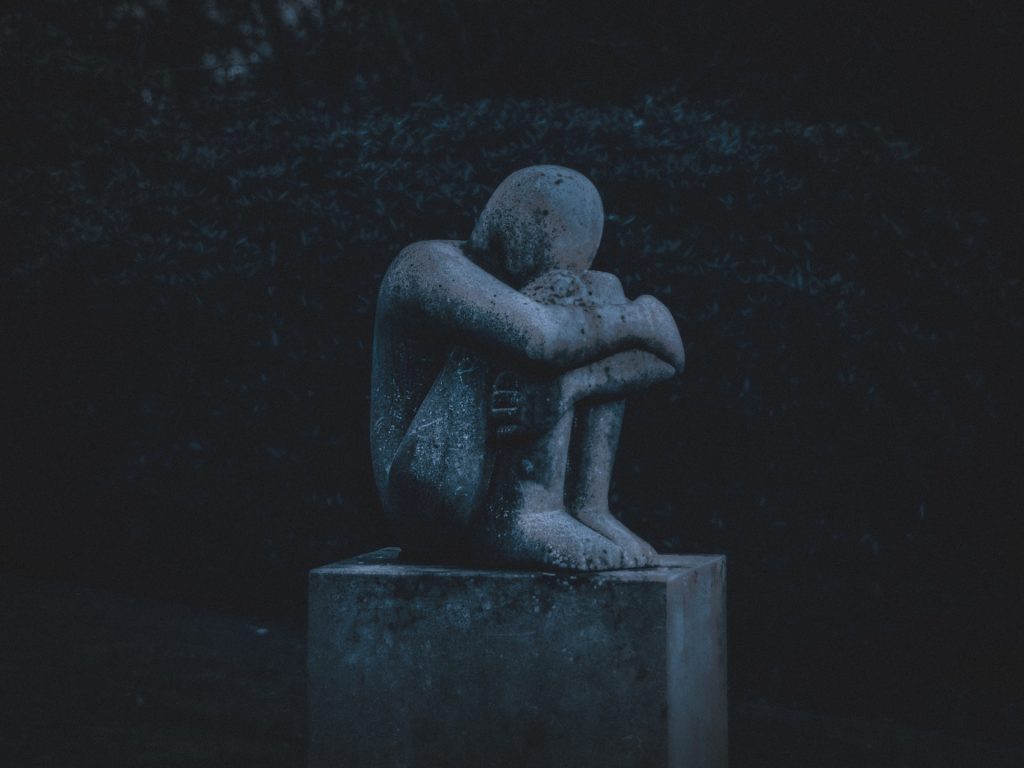Grief
Is grief stopping you from living your life? Are you unable to not think negatively? Are you experiencing feelings of shock, numbness, anger and sorrow?
Grief is a natural reaction to losing someone we care about. However, if left unprocessed, the loss can cause deep emotional scars and mental health problems.
What is grief?
Unfortunately, at some point in life, we will encounter grief; the pain of losing someone or something we care about. Feelings of shock, numbness, anger and sorrow make up the natural grieving process. We may also experience feelings of depression and exhaustion. Bereavement counselling can help with managing grief and loss.
What are the stages of grief, loss and bereavement?
Shock is a typical initial response to bereavement, as is disbelief. You may feel numb or paralysed at this time. Denial normally follows. For example, you might try to convince yourself nothing has changed, re-enacting activities such as making a drink for your loved one.

Anger and even guilt may then be felt. These emotions can manifest in a range of ways, from blaming others to having emotional mood swings.
You may find yourself in a period of bargaining. To cope with the loss, you may find yourself promising that you will live a better life if the tragedy could be reversed. A child may promise to be tidier or to stop arguing with their siblings if their parents will get back together.
A period of depression may follow including symptoms such as insomnia, irritability, loss of appetite and social withdrawal. You may experience a loss of purpose.
Finally, in healthy grieving, you will move towards acceptance. Thoughts may become less, allowing you to rebuild your energy and motivation. If you are struggling to cope with your feelings of grief and loss, bereavement counselling can help you to manage your emotions.

